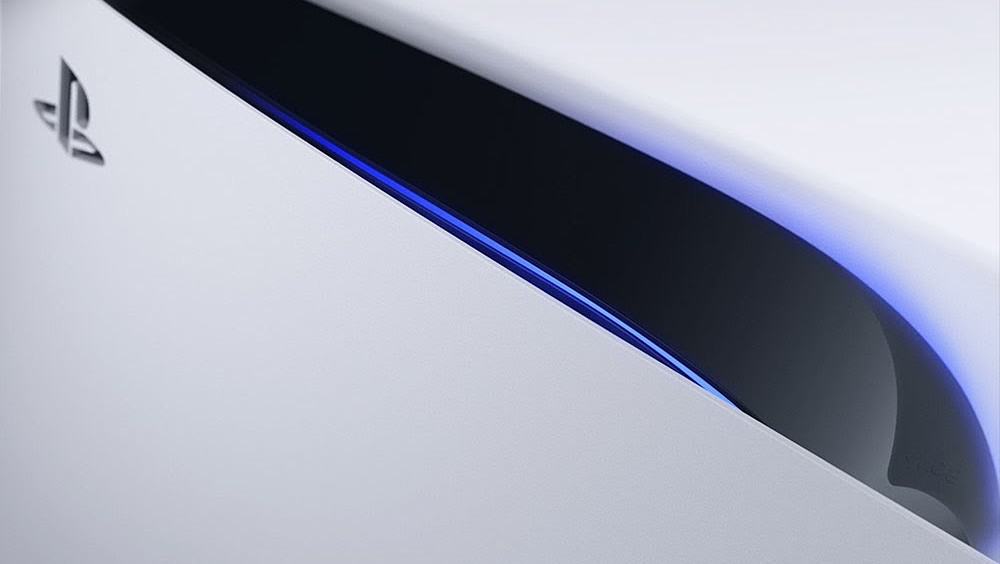
Another deep dive to the PS5 is online and is once again dealing with the proprietary SSD, which could become a real killer feature, at least for developers. How exactly this works can be revealed with further details.
The PS5’s custom SSD delivers a bandwidth of 5.5 GB / s with hardware-accelerated decoding, which brings the effective bandwidth to around 8 to 9 GB / s. This is undoubtedly a real achievement by Sony and the hardware team.
So the PS5 is all about speed, which moves in the book part of milliseconds. It says:
“With a latency of just a few milliseconds, data can be requested and delivered within the processing time of a single frame or, in the worst case, for the next frame. This is in stark contrast to a hard drive, where the same process can normally take up to 250 ms. This means that data can be processed from the console in a completely different way – more efficiently. ”
According to Sony, waiting for data has been the biggest hurdle for developers so far, as can be explained using case studies, and which have so far been stored in the cache. This is now simply a thing of the past.
“Suppose an enemy will shout something when dying that can be issued as an urgent request before anyone else, but it is still very likely that it will take 250 milliseconds for the data to cope with all other game and operating requirements come back in the pipeline. These 250 milliseconds are a problem, because if the enemy really wants to shout something while shouting, it has to happen pretty instantaneously. This kind of problem forces a lot of data into the memory of the PlayStation 4 and its generation. ”
The significantly faster SSD opens the door for developers to make enormous savings in the efficiency of developing PS5 games. The SSD saves much of this intermediate parking because data can be requested as needed instead of caching a lot of it that the console may or may not need. So far, this has also been a reason why data was sometimes twice in a game, as recently explained. The SSD not only ensures more speed, the game data itself will probably be smaller or less in the future.
The colleagues from Eurogamer and Digital Foundry have the full article on deep diving.
